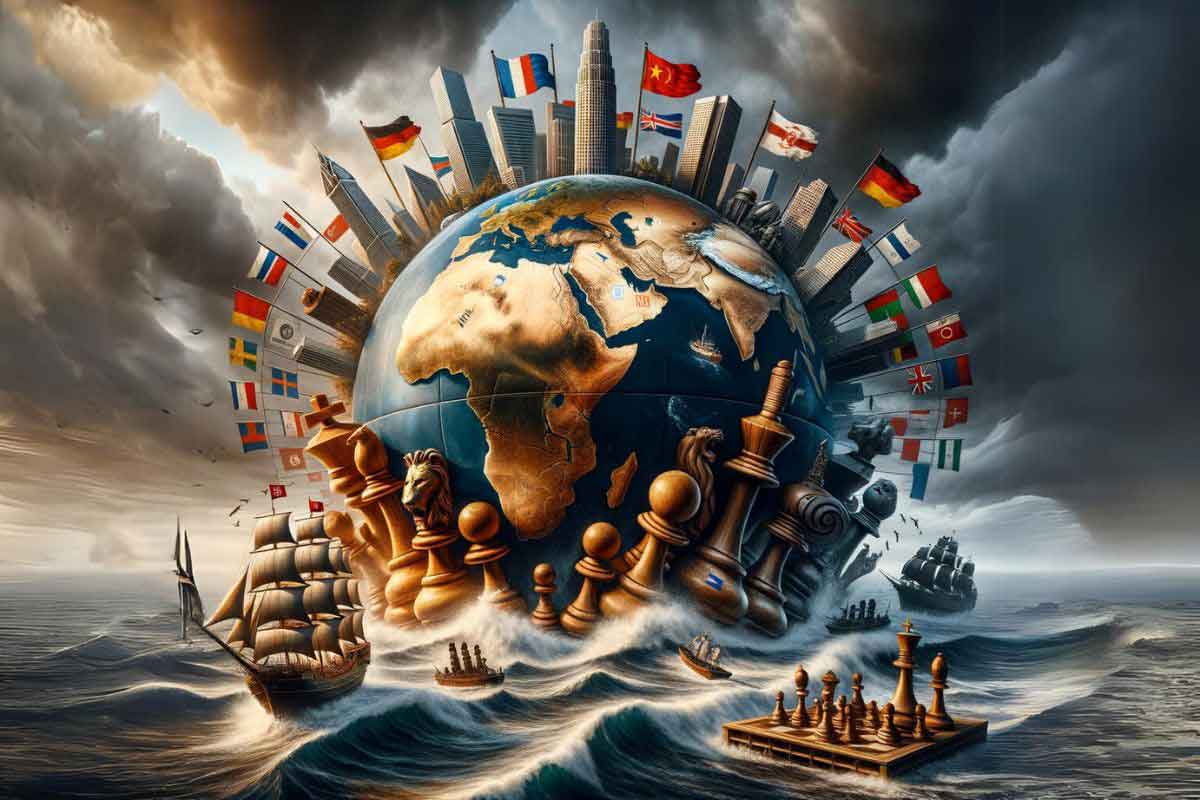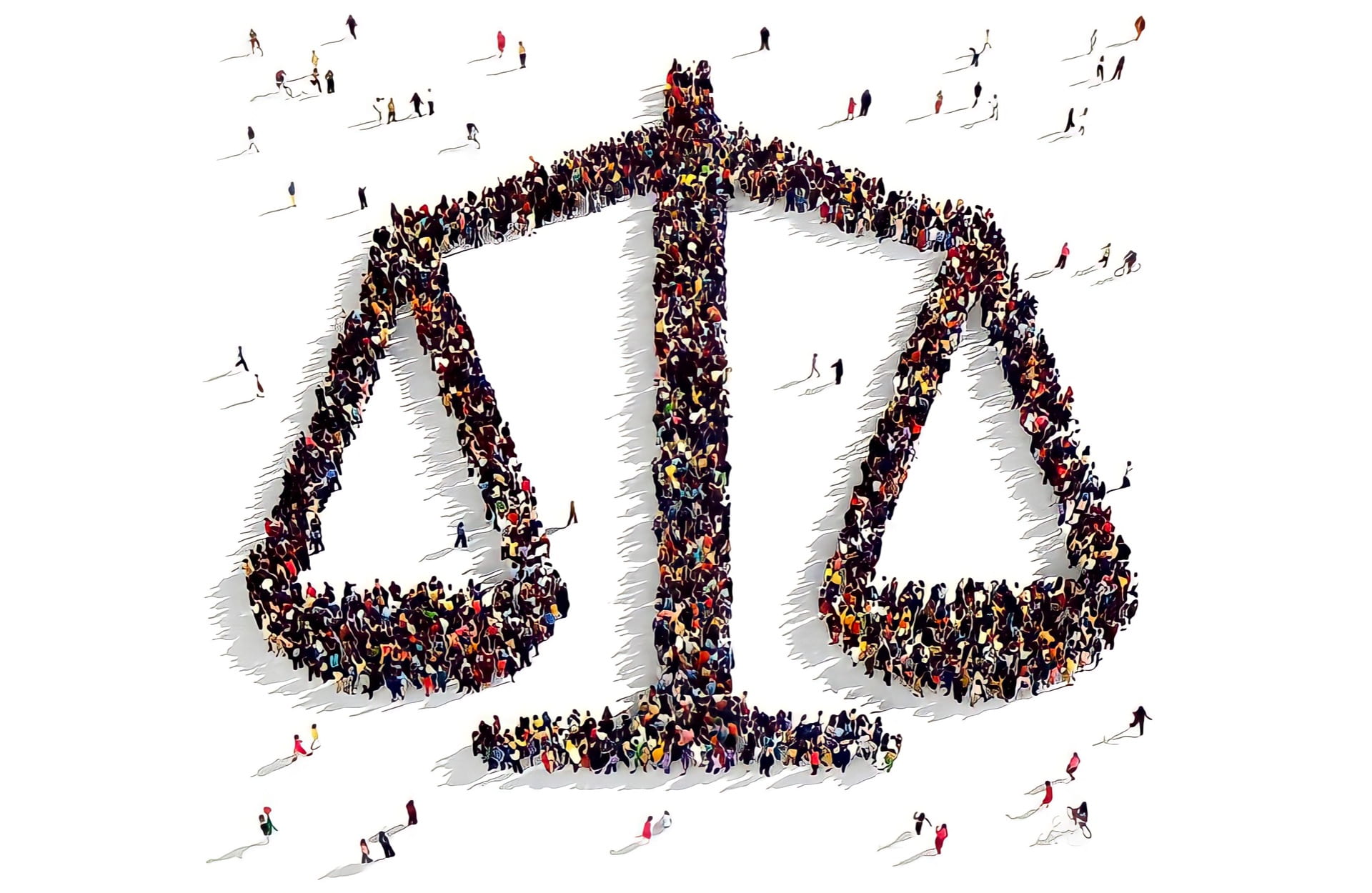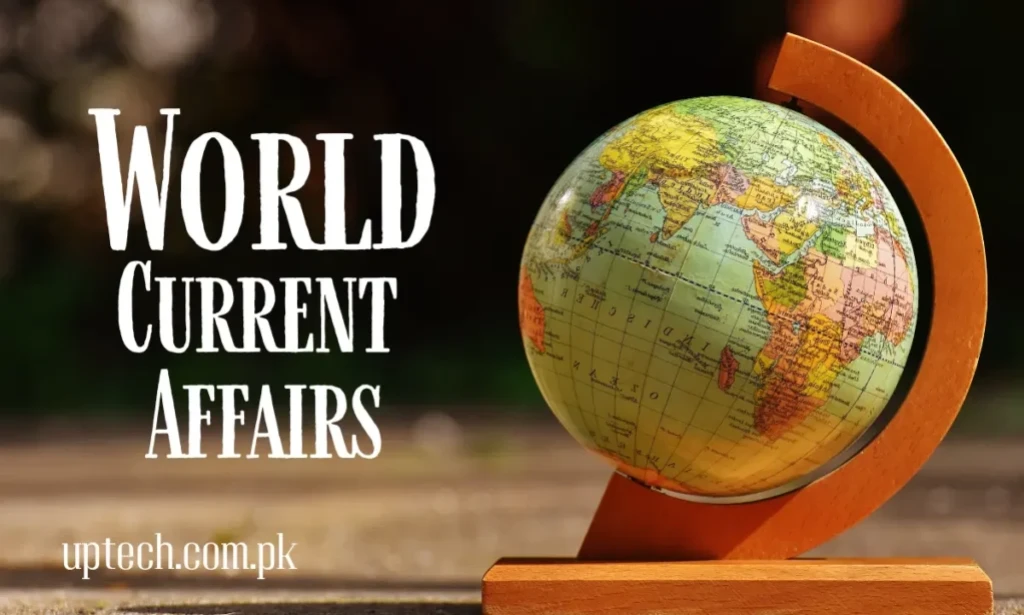1. Political Landscape and Geopolitical Tensions
Political affairs continue to be at the forefront of current events, with international relations, elections, and power shifts constantly making headlines. Geopolitical tensions and the changing dynamics of global leadership have become major focal points in recent years. The political landscape is ever-evolving, and ongoing developments across various regions have lasting consequences for diplomacy, security, and global cooperation.
1. Global Political Shifts and Elections
Elections, particularly in major democracies, draw considerable attention as they have the potential to alter national policies and international relations. From the United States’ presidential elections to the shifting political landscape in countries like Brazil, India, and France, the results often spark debates on democracy, governance, and the future direction of nations. The rise of populist movements, political polarization, and concerns over the integrity of democratic processes have been widely discussed in recent elections. Political discourse is more fragmented than ever, with public opinion often shaped by social media, misinformation, and the influence of interest groups.
2. Geopolitical Tensions: U.S.-China Relations and Beyond
Tensions between the U.S. and China have been a central issue in international affairs. Trade wars, technological competition, and disputes over human rights and territorial claims in the South China Sea have strained relations between these two global powers. Both countries have imposed tariffs and restrictions on each other, impacting global trade. Meanwhile, China's growing influence, particularly in Africa and the Indo-Pacific region, has led to shifts in the global balance of power. The competition between the U.S. and China is also evident in areas such as artificial intelligence (AI), cyber security, and space exploration.
In addition to U.S.-China relations, other geopolitical issues, such as Russia’s actions in Ukraine and the Middle East, continue to stir global unrest. Tensions in Eastern Europe, particularly the conflict between Russia and Ukraine, have escalated into a full-scale war, drawing international condemnation, sanctions, and diplomatic efforts to resolve the crisis. This conflict has also affected global energy markets, particularly in Europe, as countries navigate energy security concerns in the face of Russian aggression.
2. Climate Change and Environmental Concerns
As the world grapples with the effects of climate change, environmental issues have moved to the center stage of current affairs. Extreme weather events, rising sea levels, and the loss of biodiversity are no longer distant concerns but present realities. Governments, scientists, and activists are increasingly calling for urgent action to mitigate the effects of climate change and implement sustainable solutions.
1. COP28 and Global Climate Action
International conferences, such as the United Nations Climate Change Conference (COP28), are central platforms for discussing global climate change solutions. COP28, held in 2023, brought together world leaders, policymakers, and environmental advocates to address urgent climate challenges. The conference focused on accelerating the transition to renewable energy, reducing greenhouse gas emissions, and ensuring that financial support is available to developing countries to adapt to climate change. However, critics argue that progress has been slow and that more immediate action is needed to limit global warming to 1.5°C above pre-industrial levels, as outlined in the Paris Agreement.
2. Environmental Catastrophes and Impact on Communities
Extreme weather events, such as hurricanes, wildfires, and floods, are becoming more frequent and severe due to climate change. These events not only cause significant damage to infrastructure and communities but also contribute to mass displacement, food insecurity, and increased poverty. The aftermath of climate disasters often exacerbates existing inequalities, as vulnerable populations, particularly in low-income countries, face the brunt of the damage. The global community’s ability to respond to these crises through humanitarian aid, disaster relief, and climate adaptation strategies is crucial in minimizing long-term impacts.
3. Economic Shifts and Global Markets
The global economy has undergone significant shifts in recent years, driven by factors such as the COVID-19 pandemic, supply chain disruptions, inflation, and technological transformation. These changes are reshaping markets, businesses, and the daily lives of individuals. Understanding these economic trends is essential for making informed decisions about investments, employment, and future opportunities.
1. Post-Pandemic Recovery and Economic Uncertainty
The COVID-19 pandemic triggered a global economic downturn, causing widespread job losses, business closures, and disruptions to supply chains. As countries begin to recover, many are facing challenges such as inflation, labor shortages, and rising energy prices. The economic recovery has been uneven, with some nations bouncing back faster than others, while many developing countries continue to struggle with vaccine distribution, debt, and slow economic growth. Central banks, such as the U.S. Federal Reserve and the European Central Bank, have been adjusting interest rates in an attempt to curb inflation, which has put pressure on consumer spending and investment.
2. The Role of Technology and Automation
Technology is transforming the economy in profound ways. The rise of automation, artificial intelligence, and digitalization is changing industries from manufacturing to services. While these technological advancements hold the potential for greater efficiency and innovation, they also pose challenges in terms of job displacement and income inequality. Industries such as retail, healthcare, and logistics are increasingly relying on automation, which may result in the loss of low-skill jobs while creating new opportunities in high-tech sectors. As automation becomes more widespread, there are growing concerns about the future of work and the need for upskilling and reskilling the workforce.
3. The Energy Crisis and Transition to Renewable Sources
Global energy markets are facing turbulence due to fluctuating oil prices, supply chain disruptions, and geopolitical conflicts, particularly with Russia’s war in Ukraine. Countries that rely heavily on energy imports are facing inflationary pressures and economic instability. This has spurred renewed interest in transitioning to renewable energy sources, such as solar, wind, and hydrogen, to reduce reliance on fossil fuels and ensure energy security. However, this transition is not without its challenges, including the need for large investments in green technologies, the development of new infrastructure, and the management of energy storage and distribution systems.
4. Social Issues and Human Rights
Social issues, including gender equality, racial justice, and human rights, are increasingly prominent in current affairs. Social movements, activism, and policy reforms are playing crucial roles in shaping these discussions and creating change. From #MeToo to Black Lives Matter and LGBTQ+ rights, these movements continue to advocate for equal rights and justice on a global scale.
1. Global Protests and Social Movements
Protests and social movements are shaping political discourse in many countries. For example, the Black Lives Matter movement, which gained global attention after the killing of George Floyd in 2020, has sparked protests worldwide, demanding an end to systemic racism and police brutality. Similarly, the feminist movement, led by campaigns such as #MeToo, has called attention to issues of sexual harassment, gender inequality, and violence against women. These movements have led to legislative changes, but challenges remain in addressing entrenched societal issues.
2. LGBTQ+ Rights and Advocacy
LGBTQ+ rights have been a focal point in global social movements. Countries across the world have made significant strides toward recognizing LGBTQ+ rights, including legalizing same-sex marriage, protecting individuals from discrimination, and providing greater healthcare access. However, progress remains uneven, and LGBTQ+ individuals in many parts of the world continue to face persecution, discrimination, and violence. The global fight for LGBTQ+ equality continues to be a central social issue.



You must be logged in to post a comment.